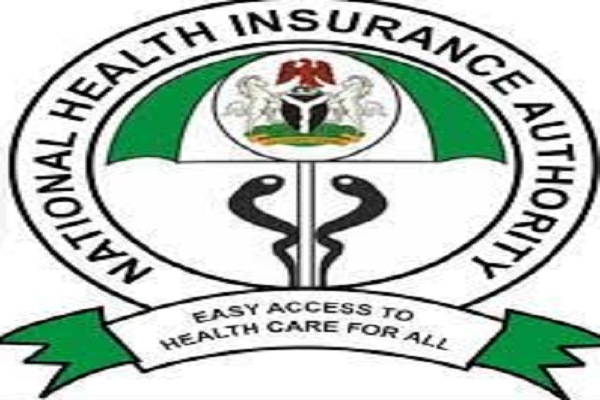By Iyemah David
The National Health Insurance Authority (NHIA) has reaffirmed commitment to achieving Universal Health Coverage (UHC) in Nigeria by 2030.
Dr Kelechi Ohiri, Director-General of NHIA, made this known on Tuesday in Abuja at the Gatefield Health Summit 2024, themed “Beyond65.”
The summit, which brought together influential global health leaders and advocates, focused on tackling the escalating crisis of non-communicable diseases (NCDs) in Nigeria and sub-Saharan Africa, where NCDs account for 37 per cent of deaths, more than one in three deaths in the region.
Ohiri, who was represented by Mr Olufemi Adeoye, Deputy Director-NHIA, outlined key strategies designed to ensure that every Nigerian had access to affordable and quality healthcare services.
He highlighted the ongoing expansion of health insurance coverage, particularly targeting the informal sector and rural communities.
“The informal sector constitutes a large portion of our population, and we cannot achieve UHC without bringing these individuals into the insurance fold,” he said.
He also discussed new financing models, including the introduction of the NHIA Digital Platform, a tech-driven initiative aimed at streamlining enrollment and claims processing for health insurance beneficiaries.
According to him, the platform will enhance efficiency and transparency in the system, ultimately improving access to healthcare services across the country.
“We are moving towards a more inclusive and transparent system that prioritises the health needs of all Nigerians.
“This will not only ensure that no one is left behind but also strengthen the resilience of our healthcare system,” he said.
He said that NHIA under President Bola Tinubu’s administration, had also strengthened partnerships with state governments and private insurers to develop customised insurance packages tailored to meet the unique health needs of different regions.
He said that these partnerships were crucial for the sustainability of the health insurance scheme and to build a more robust healthcare financing structure.
As part of the NHIA’s mandate, the D-G outlined ongoing efforts to engage with key policymakers to ensure sustained funding for health insurance programmes.
He expressed optimism that legislative backing for NHIA initiatives would provide the necessary framework for achieving UHC in line with the global health agenda.
He called for increased collaboration from the private sector and civil society organisations to push forward the UHC agenda.
“Achieving UHC is a collective effort, and we need the active participation of all stakeholders to make this a reality by 2030,” he said.
He said that the NHIA, formerly the National Health Insurance Scheme (NHIS), was transformed to expand its mandate and achieve broader health coverage across Nigeria.
He said that the agency had intensified efforts to address the healthcare needs of the most vulnerable populations in the country.
Earlier, Mr Adewunmi Emoruwa, Lead Strategist at Gatefield, said that discussions at the summit were led by global health leaders, focusing on the critical role of fiscal health policies.
Emoruwa underscored key issues, including the growing obesity epidemic, the burden of caring for people living with NCDs, and the role of the primary healthcare system in NCD prevention and control.
He also emphasised the impact of environmental factors like air quality on public health.
Building on last year’s success, when a Presidential commitment was made to allocate 10 per cent of the national budget to healthcare, he said this year’s event aims to rally further support in addressing this silent epidemic.




